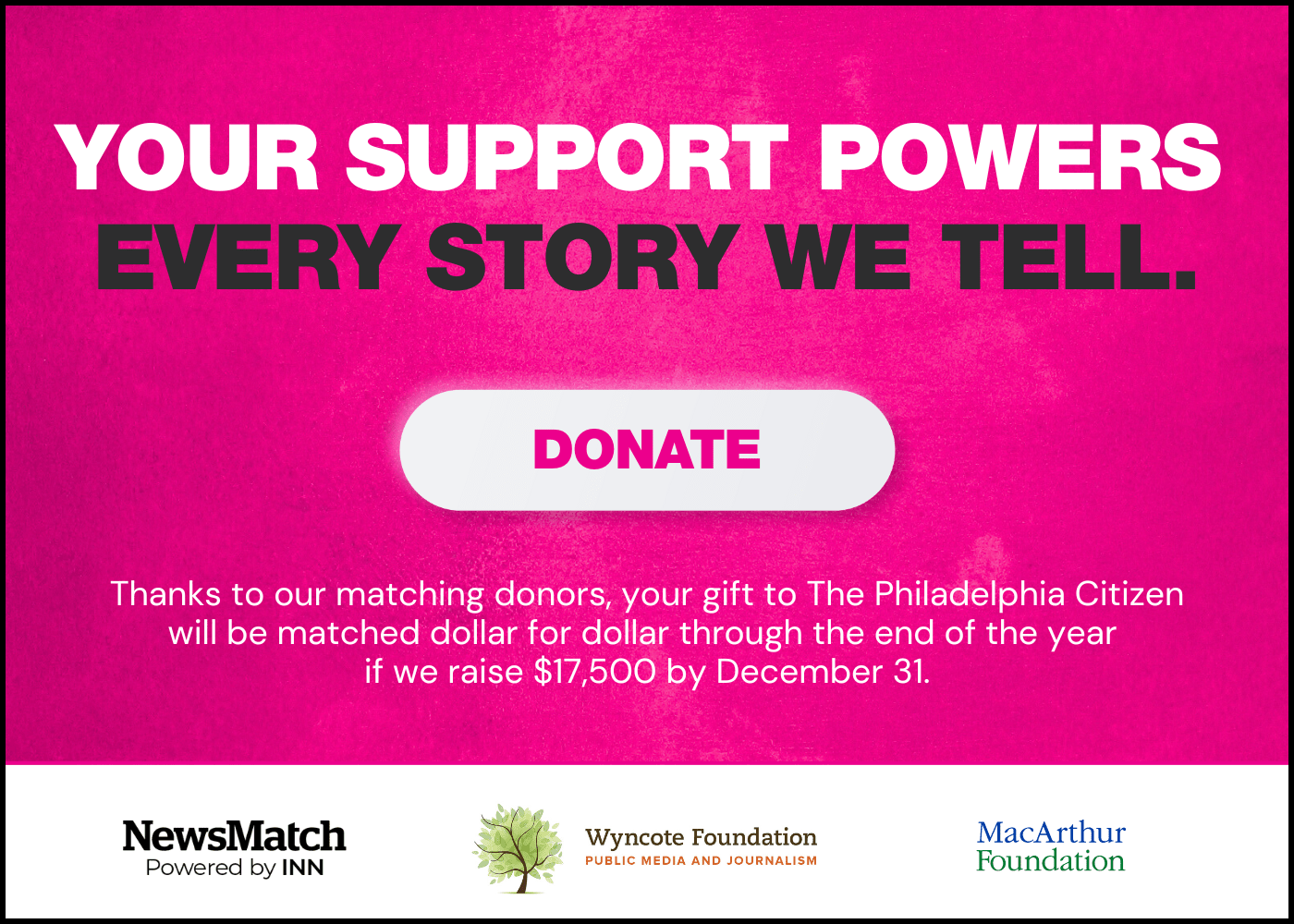To the untrained ear, the expression “Super Utilizer” sounds like something fantastic. “You got the promotion because you’re such a Super Utilizer!” But there’s actually nothing positive about that insurance-speak term. It’s reserved strictly for the most medically misfortunate among us.
These are the people referred to as the “5 using 50,” meaning they are the 5 percent of the population generating 50 percent of the nation’s medical costs. These are the people with chronic illnesses— diabetes, cancer, heart and renal disease, for example—who experience repeated admissions to hospitals and emergency rooms, and who are typically discharged into equally expensive long-term care facilities. According to a study by the Milken Institute, the cost for caring for the chronically ill costs the U.S. economy more than $1 trillion a year—much of it paid by insurers.
But local food and health organization MANNA is proving it doesn’t have to be that way.
MANNA, kind of like heroic firefighters for the chronically ill, runs toward and not away from the sickest of the sick. Its charitable mission is to deliver meals to people at acute nutritional risk due to life-threatening illness. But in the last few years, MANNA—Metropolitan Area Neighborhood Nutrition Alliance—has also been on a quiet mission to change the American system of medical care by improving the health of clients through diet before they can become super utilizers.
Their success has persuaded insurance companies to join forces with MANNA to provide meals for patients throughout the state. And it has worked: Medicaid provider Health Partners Plans (HPP), MANNA’s first partner, reports a 22 percent decrease in medical claim dollars with the 1,609 clients who’ve used the MANNA services. Now the Philly nonprofit is taking their work statewide, keeping thousands of patients healthier—and saving insurers millions of dollars in the process.
Helping people live healthy was not always MANNA’s mission. The organization formed in 1990 when seven members of the First Presbyterian Church on 21st and Walnut gathered in the basement to figure out a way to help comfort friends and loved ones who had AIDS, which was largely considered a death sentence at the time. They started delivering free meals, and spending time with patients, from a tucked-away space in a Center City alley.
Medicaid provider Health Partners Plans reports a 22 percent decrease in medical claim dollars with the 1,609 clients who’ve used the MANNA services. Now the Philly nonprofit is taking their work statewide, keeping thousands of patients healthier—and saving insurers millions of dollars in the process.
But with the emergence of HIV medications, the group realized it needed to shift its focus. Shipping mac-and-cheese meals to patients suffering from metabolic syndrome with soaring triglyceride levels from their medications was no longer acceptable.
“Initially, we had simply been providing comfort food,” recalls Sue Daugherty, MANNA’s CEO since 1999 and a registered dietician. “But then people with AIDS were no longer dying. It was no longer about helping them with a way to die, but helping people to live.”
In 2000, MANNA overhauled its menu to acknowledge the hypertension, heart issues and other side effects from the new medications. Six years later, it expanded its clientele to anyone with a life-threatening disease, medically tailoring all of its meals to suit each patient’s diagnosis (with some having up to four separate diseases). And it shifted from a supplemental meal program providing 10 to 15 meals a week to a complete meal plan that provided all 21 meals.
“Everything became about science,” says Daugherty. “The field of nutrition was so important for our clients’ care.”
In 2013, MANNA commissioned a study of its program, published in the Journal of Primary Care & Community Health. which confirmed what they had witnessed firsthand for years: that better nutrition improves quality of life, in the short- and long-term. Diabetic patients on MANNA’s meal plan, for example, see a marked improvement to their health in just 30 days. Over the course of a year MANNA clients on average decreased medical expenses by $12,000 per month. And costs fell 62 percent over three months, for a total of almost $30,000.
“We get dramatic results because we care for the sickest clients,” says Ann Hoskins-Brown, MANNA’s director of policy and institutional affairs. “The potential for savings is much greater for these people.”
Diabetic patients on MANNA’s meal plan see a marked improvement to their health in just 30 days. Over the course of a year MANNA clients on average decreased medical expenses by $12,000 per month. And costs fell 62 percent over three months, for a total of almost $30,000.
With the study in hand, Daugherty started approaching insurance companies about partnering with MANNA. HPP CEO Bill George, who has family members with diabetes, was the first to recognize the value of the work. In 2016, HPP became the first insurance company to refer patients to MANNA, which bills the company like a doctor for meal-plan and counseling services. (The organization says it is a “pharmacy for your prescription diet.”) Six months ago, Aetna clients in Pittsburgh and Erie began receiving MANNA deliveries by overnight shipping companies. And talks are underway with another insurance provider, United HealthCare.
Unlike MANNA’s traditional client base, the insurer-referred patients are one tier above super-utilizer status. They are vulnerable to getting sicker; but it is cheaper and more medically sound to intervene before that happens.
For now, MANNA has a plan to keep up with what seems to be a growing demand. Last year, the group delivered nearly 900,000 meals to over 3,000 clients, and its dietitians held nearly 5,000 nutrition counseling sessions to almost another 3,000 clients. It has a new home and state-of-the-art kitchen that opened this past April near the Parkway, where volunteers pack meals, make soup, chop vegetables, and bake desserts under the supervision of MANNA chefs and staff. The new kitchen and freezer storage area gives MANNA the potential by the end of 2017 to spike from one million meals a year to 2.5 million annually. Stepping into one of the freezers, you can see there’s ample room to meet more demand.
“We’re getting more and more insurance companies to recognize medical nutrition therapy works,” Daugherty says. “After the state recognized our model as innovative, we quickly heard from Aetna and Keystone and now we’re getting calls from across the country. It’s kind of whisper down the lane as more data comes in. This is a business for them, and the more that data becomes public, the more our work is going to catch on.”
With the unpredictable state of American healthcare and federal budgets, Daugherty remains confident in MANNA’s trajectory. “MANNA has diverse funding sources, which is important for a nonprofit. I feel pretty optimistic even with healthcare changes that now is our time to get in with the insurance world and demonstrate cost savings. I don’t see it going away, even if the landscape changes.”
Correction: An earlier version of the story misstated the full name of HPP. It is Health Partners Plans.
![]()
RELATED






